“Create in Me a Clean Heart”
1 Samuel 18–20; 23–24
LDS manual: here
Reading
For today’s lesson, we’re blasting through all of 2 Samuel, and that means it’s all about David. In terms of kingliness, David was the apex. Israel had never seen anything like him. Imagine if John F. Kennedy, in addition to being a handsome president and a war hero, was also a rock star who wrote his own songs. That’s David for you.
And predictably, David collected a harem of women. Chapter 3 starts off with six of them.
3:2 And unto David were sons born in Hebron: and his firstborn was Amnon, of Ahinoam the Jezreelitess;
3:3 And his second, Chileab, of Abigail the wife of Nabal the Carmelite; and the third, Absalom the son of Maacah the daughter of Talmai king of Geshur;
3:4 And the fourth, Adonijah the son of Haggith; and the fifth, Shephatiah the son of Abital;
3:5 And the sixth, Ithream, by Eglah David’s wife. These were born to David in Hebron.
It wasn’t all slippery intercourse for David, though. There was also murder.
4:12 And David commanded his young men, and they slew them, and cut off their hands and their feet, and hanged them up over the pool in Hebron. But they took the head of Ishbosheth, and buried it in the sepulchre of Abner in Hebron.
He wasn’t too keen on lame and blind people.
5:8 And David said on that day, Whosoever getteth up to the gutter, and smiteth the Jebusites, and the lame and the blind that are hated of David’s soul, he shall be chief and captain. Wherefore they said, The blind and the lame shall not come into the house.
But he did like the women.
5:13 And David took him more concubines and wives out of Jerusalem, after he was come from Hebron: and there were yet sons and daughters born to David.
And one point, he danced — perhaps even cavorted — while not wearing very much.
6:14 And David danced before the LORD with all his might; and David was girded with a linen ephod.
Saul’s daughter Michal thought David was showing more of his body than was proper. So she complained at him.
6:15 So David and all the house of Israel brought up the ark of the LORD with shouting, and with the sound of the trumpet.
6:16 And as the ark of the LORD came into the city of David, Michal Saul’s daughter looked through a window, and saw king David leaping and dancing before the LORD; and she despised him in her heart.
…
6:20 Then David returned to bless his household. And Michal the daughter of Saul came out to meet David, and said, How glorious was the king of Israel to day, who uncovered himself to day in the eyes of the handmaids of his servants, as one of the vain fellows shamelessly uncovereth himself!
So David cursed her to be childless for the sin of sarcasm.
6:21 And David said unto Michal, It was before the LORD, which chose me before thy father, and before all his house, to appoint me ruler over the people of the LORD, over Israel: therefore will I play before the LORD.
6:22 And I will yet be more vile than thus, and will be base in mine own sight: and of the maidservants which thou hast spoken of, of them shall I be had in honour.
6:23 Therefore Michal the daughter of Saul had no child unto the day of her death.
Except she did have children. But David took care of that by killing them. More on that later.
He killed off two thirds of the Moabites, and took the rest as servants.
8:2 And he smote Moab, and measured them with a line, casting them down to the ground; even with two lines measured he to put to death, and with one full line to keep alive. And so the Moabites became David’s servants, and brought gifts.
We saw in the last lesson that the Israelites had a saying: “Saul has slain his thousands, and David his tens of thousands.” When you get a reputation like that, you have to keep it up, and David does, with the murder of tens of thousands of people — with Jehovah’s explicit encouragement.
8:5 And when the Syrians of Damascus came to succour Hadadezer king of Zobah, David slew of the Syrians two and twenty thousand men.
8:13 And David gat him a name when he returned from smiting of the Syrians in the valley of salt, being eighteen thousand men.
8:14 And he put garrisons in Edom; throughout all Edom put he garrisons, and all they of Edom became David’s servants. And the LORD preserved David whithersoever he went.
10:18 And the Syrians fled before Israel; and David slew the men of seven hundred chariots of the Syrians, and forty thousand horsemen, and smote Shobach the captain of their host, who died there.
And now the famous story of Bathsheba. David sees her bathing, and invites her over for a bit.
11:2 And it came to pass in an eveningtide, that David arose from off his bed, and walked upon the roof of the king’s house: and from the roof he saw a woman washing herself; and the woman was very beautiful to look upon.
11:3 And David sent and enquired after the woman. And one said, Is not this Bathsheba, the daughter of Eliam, the wife of Uriah the Hittite?
11:4 And David sent messengers, and took her; and she came in unto him, and he lay with her; for she was purified from her uncleanness: and she returned unto her house.
But whoops, she’s pregnant. Now David has to invite Uriah back, to establish plausible paternity.
11:5 And the woman conceived, and sent and told David, and said, I am with child.
11:6 And David sent to Joab, saying, Send me Uriah the Hittite. And Joab sent Uriah to David.
11:7 And when Uriah was come unto him, David demanded of him how Joab did, and how the people did, and how the war prospered.
11:8 And David said to Uriah, Go down to thy house, and wash thy feet. And Uriah departed out of the king’s house, and there followed him a mess of meat from the king.
“Wash thy feet.” After the story of Ruth and Boaz, I’m wondering if this means feet, or if it means feet.
But Uriah frustrates David’s plan by refusing to sleep with his wife. Twice! Curses!
11:9 But Uriah slept at the door of the king’s house with all the servants of his lord, and went not down to his house.
11:10 And when they had told David, saying, Uriah went not down unto his house, David said unto Uriah, Camest thou not from thy journey? why then didst thou not go down unto thine house?
11:11 And Uriah said unto David, The ark, and Israel, and Judah, abide in tents; and my lord Joab, and the servants of my lord, are encamped in the open fields; shall I then go into mine house, to eat and to drink, and to lie with my wife? as thou livest, and as thy soul liveth, I will not do this thing.
11:12 And David said to Uriah, Tarry here to day also, and to morrow I will let thee depart. So Uriah abode in Jerusalem that day, and the morrow.
11:13 And when David had called him, he did eat and drink before him; and he made him drunk: and at even he went out to lie on his bed with the servants of his lord, but went not down to his house.
So David gets Uriah killed by stratagem.
11:14 And it came to pass in the morning, that David wrote a letter to Joab, and sent it by the hand of Uriah.
11:15 And he wrote in the letter, saying, Set ye Uriah in the forefront of the hottest battle, and retire ye from him, that he may be smitten, and die.
…
11:26 And when the wife of Uriah heard that Uriah her husband was dead, she mourned for her husband.
11:27 And when the mourning was past, David sent and fetched her to his house, and she became his wife and bare him a son. But the thing that David had done displeased the LORD.
Instead of reading all this, you can just listen to the Pixies song, “Dead”, which is a micro version of David and Bathsheba. The song is something of a miracle of economy, conveying the frenzy of David’s adultery, with each chorus pounding in a single word — dead — conveying the emptiness of the whole tawdry affair. Notice also how the rhythmic structure is built around groups of 3, and not 4. I think this makes the song more unresolved and unsettling.
You crazy Bathsheba, I wancha
You’re suffocating, you need a good shed
I’m tired of living, Sheba, so gimme,
Dead
We’re apin’ rapin’ tapin’ catharsis
You get torn down and I get erected
My blood is working but my
My heart is,
Dead
Hey, what do you know?
Your lovely tan belly
Is starting to grow
Uriah hit the crapper, the crapper
Uriah hit the crapper, the crapper
Uriah hit the crapper, the crapper
Dead
The prophet Nathan chastises David in epic fashion, with a particularly scorching metaphor.
12:1 And the LORD sent Nathan unto David. And he came unto him, and said unto him, There were two men in one city; the one rich, and the other poor.
12:2 The rich man had exceeding many flocks and herds:
12:3 But the poor man had nothing, save one little ewe lamb, which he had bought and nourished up: and it grew up together with him, and with his children; it did eat of his own meat, and drank of his own cup, and lay in his bosom, and was unto him as a daughter.
12:4 And there came a traveller unto the rich man, and he spared to take of his own flock and of his own herd, to dress for the wayfaring man that was come unto him; but took the poor man’s lamb, and dressed it for the man that was come to him.
12:5 And David’s anger was greatly kindled against the man; and he said to Nathan, As the LORD liveth, the man that hath done this thing shall surely die:
12:6 And he shall restore the lamb fourfold, because he did this thing, and because he had no pity.
12:7 And Nathan said to David, Thou art the man.
He explains that David’s wives will be given to other men, who will have outdoor intercourse with them.
12:11 Thus saith the LORD, Behold, I will raise up evil against thee out of thine own house, and I will take thy wives before thine eyes, and give them unto thy neighbour, and he shall lie with thy wives in the sight of this sun.
12:12 For thou didst it secretly: but I will do this thing before all Israel, and before the sun.
The child of their union dies.
12:15 And Nathan departed unto his house. And the LORD struck the child that Uriah’s wife bare unto David, and it was very sick.
…
12:18 And it came to pass on the seventh day, that the child died.
But Solomon springs from their loins. More about him in future lessons.
12:24 And David comforted Bathsheba his wife, and went in unto her, and lay with her: and she bare a son, and he called his name Solomon: and the LORD loved him.
Now a subplot about Absalom. Apparently, he was a handsome guy, with hair that weighed 2.2 kilograms.
14:25 But in all Israel there was none to be so much praised as Absalom for his beauty: from the sole of his foot even to the crown of his head there was no blemish in him.
14:26 And when he polled his head, (for it was at every year’s end that he polled it: because the hair was heavy on him, therefore he polled it:) he weighed the hair of his head at two hundred shekels after the king’s weight.
Absalom conspires against his father David.
15:10 But Absalom sent spies throughout all the tribes of Israel, saying, As soon as ye hear the sound of the trumpet, then ye shall say, Absalom reigneth in Hebron.
15:11 And with Absalom went two hundred men out of Jerusalem, that were called; and they went in their simplicity, and they knew not any thing.
15:12 And Absalom sent for Ahithophel the Gilonite, David’s counsellor, from his city, even from Giloh, while he offered sacrifices. And the conspiracy was strong; for the people increased continually with Absalom.
15:13 And there came a messenger to David, saying, The hearts of the men of Israel are after Absalom.
15:14 And David said unto all his servants that were with him at Jerusalem, Arise, and let us flee; for we shall not else escape from Absalom: make speed to depart, lest he overtake us suddenly, and bring evil upon us, and smite the city with the edge of the sword.
and even goes in unto his father’s concubines.
16:21 And Ahithophel said unto Absalom, Go in unto thy father’s concubines, which he hath left to keep the house; and all Israel shall hear that thou art abhorred of thy father: then shall the hands of all that are with thee be strong.
16:22 So they spread Absalom a tent upon the top of the house; and Absalom went in unto his father’s concubines in the sight of all Israel.
Absalom is killed in battle with David, when he’s devoured by a hungry tree.
18:8 For the battle was there scattered over the face of all the country: and the wood devoured more people that day than the sword devoured.
Well, no, the tree didn’t kill him, but he got stuck in one of its branches. And then run through with a dart. Very GoT.
18:9 And Absalom met the servants of David. And Absalom rode upon a mule, and the mule went under the thick boughs of a great oak, and his head caught hold of the oak, and he was taken up between the heaven and the earth; and the mule that was under him went away.
18:10 And a certain man saw it, and told Joab, and said, Behold, I saw Absalom hanged in an oak.
18:11 And Joab said unto the man that told him, And, behold, thou sawest him, and why didst thou not smite him there to the ground? and I would have given thee ten shekels of silver, and a girdle.
18:12 And the man said unto Joab, Though I should receive a thousand shekels of silver in mine hand, yet would I not put forth mine hand against the king’s son: for in our hearing the king charged thee and Abishai and Ittai, saying, Beware that none touch the young man Absalom.
18:13 Otherwise I should have wrought falsehood against mine own life: for there is no matter hid from the king, and thou thyself wouldest have set thyself against me.
18:14 Then said Joab, I may not tarry thus with thee. And he took three darts in his hand, and thrust them through the heart of Absalom, while he was yet alive in the midst of the oak.
David’s grief is “characteristically intense“.
18:33 And the king was much moved, and went up to the chamber over the gate, and wept: and as he went, thus he said, O my son Absalom, my son, my son Absalom! would God I had died for thee, O Absalom, my son, my son!
And the concubines? David punishes them by keeping them under house arrest for the rest of their lives.
20:3 And David came to his house at Jerusalem; and the king took the ten women his concubines, whom he had left to keep the house, and put them in ward, and fed them, but went not in unto them. So they were shut up unto the day of their death, living in widowhood.
For all this, David sings about how righteous he is.
22:21 The LORD rewarded me according to my righteousness: according to the cleanness of my hands hath he recompensed me.
22:22 For I have kept the ways of the LORD, and have not wickedly departed from my God.
22:23 For all his judgments were before me: and as for his statutes, I did not depart from them.
22:24 I was also upright before him, and have kept myself from mine iniquity.
22:25 Therefore the LORD hath recompensed me according to my righteousness; according to my cleanness in his eye sight.
Main points of this lesson
God punishes people for arbitrary things that they haven’t even done
There are loads of things in these chapters that deserve punishment — murder being the main one – but as usual, the god of the Bible chooses to punish people, when the blame more properly belongs to someone else.
We’ve already seen how Jehovah/Jesus kills the baby of David and Bathsheba for his father’s sin.
But later, there’s a famine, and Jehovah/Jesus blames the famine on… David? No, Saul, who’s already dead. Why is he punishing people for the actions of a dead man? Who can fathom the divine mind?
21:1 Then there was a famine in the days of David three years, year after year; and David enquired of the LORD. And the LORD answered, It is for Saul, and for his bloody house, because he slew the Gibeonites.
So David asks the Gibeonites what he can do for them. Answer: kill the supposedly non-existent sons of Michal from chapter 6.
21:6 Let seven men of his sons be delivered unto us, and we will hang them up unto the LORD in Gibeah of Saul, whom the LORD did choose. And the king said, I will give them.
…
21:9 And he delivered them into the hands of the Gibeonites, and they hanged them in the hill before the LORD: and they fell all seven together, and were put to death in the days of harvest, in the first days, in the beginning of barley harvest.
And then God punishes Israel for taking a census — that he moved David to take!
24:1 And again the anger of the LORD was kindled against Israel, and he moved David against them to say, Go, number Israel and Judah.
…
24:9 And Joab gave up the sum of the number of the people unto the king: and there were in Israel eight hundred thousand valiant men that drew the sword; and the men of Judah were five hundred thousand men.
24:10 And David’s heart smote him after that he had numbered the people. And David said unto the LORD, I have sinned greatly in that I have done: and now, I beseech thee, O LORD, take away the iniquity of thy servant; for I have done very foolishly.
God hates stats.
So what’s going on? I think there’s something we can learn here about the way religious people attribute causation. When something bad happens, like a famine or a death, it’s normal for us to try and figure out why it happened. That might help us avoid the problem. But we humans, with our monkey brains, have trouble attributing causality.
I know a voice teacher who tells everyone to gargle with zinc when you get a sore throat. Every time she gets the first sign of a sore throat, she’s hitting the zinc. And she always gets better — or at least she hasn’t died yet. Is the zinc helping, or is she getting better by herself? Well, in the absence of a carefully designed experiment, it’s hard to say. She’s certainly convinced. But she could be falling for a very compelling illusion: the placebo effect.
Theism adds another layer: When you believe in a mysterious being who does things for his own reasons, and who isn’t directly available to answer questions, it’s easy to pick up and use the supposed motives of this being as an explanation for everything. This makes people think that:
It’s a very convenient form of reasoning. The cause of the trouble is always something the religious person doesn’t like.
Thomas Gilovich has an interesting case from Israel in his book, “How We Know What Isn’t So“.
“A flurry of deaths by natural causes in the northern part of the country led to speculation about some new and unusual threat. It was not determined whether the increase in the number of deaths was within the normal fluctuation in the death rate that one can expect by chance. Instead, remedies for the problem were quickly put in place. In particular, a group of rabbis attributed the problem to the sacrilege of allowing women to attend funerals, formerly a forbidden practice. The remedy was a decree that subsequently barred women from funerals in the area. The decree was quickly enforced, and the rash of unusual deaths subsided — leaving one to wonder what the people in this area have concluded about the effectiveness of their remedy.”
Religious reasoning. It’s not for nothing that they think God is the answer to everything, because to them it is.
Steadying the Ark
Here’s the story of Uzzah, who Jehovah/Jesus killed because he tried to help. Unfortunately, helping in his case meant trying to touch God’s favourite piece of furniture.
6:6 And when they came to Nachon’s threshingfloor, Uzzah put forth his hand to the ark of God, and took hold of it; for the oxen shook it.
6:7 And the anger of the LORD was kindled against Uzzah; and God smote him there for his error; and there he died by the ark of God.
And God’s all: NO TOUCHING MY FURNITURE! *Zap.*
This is the way the god of the Bible works: kill tens of thousands of people, and you’re a hero; try to keep the Divine Toybox from tipping, and you’re dead.
Uzzah’s death seems unnecessarily harsh, even to Mormons, who have to explain why it was actually okay for God to kill him. For Latter-day Saints, Uzzah’s story is most often employed as a cautionary tale about not correcting the leaders of the church. It’s always seemed odd and self-serving to me that leaders of the church warn against correcting or criticising leaders of the church.
Brian Ricks’ symposium talk about Uzzah is fairly representative of the Mormon view and the Mormon arguments:
We live in a day when we are bombarded with temptations to leave the path of obedience to follow the path of good intentions. There are those who criticize the Brethren, thinking this loyal opposition will help the Church.
This interpretation of Uzzah’s death worked its way into the Doctrine and Covenents:
85:8 While that man, who was called of God and appointed, that putteth forth his hand to steady the ark of God, shall fall by the shaft of death, like as a tree that is smitten by the vivid shaft of lightning.
The real Gospel Doctrine manual skips Uzzah, but the D&C manual says,
In modern revelation the Lord referred to this incident to teach the principle that the Lord does not need the help of men to defend his kingdom (see D&C 85:8). Yet even today there are those who fear the ark is tottering and presume to steady its course. There are those who are sure that women are not being treated fairly in the Church, those who would extend some unauthorized blessing, or those who would change the established doctrines of the Church. These are ark-steadiers. The best intentions do not justify such interference with the Lord’s plan.
Yes, let’s talk about women being treated fairly in the church, shall we?
For decades, the LDS leadership has engaged in double-talk regarding the role of women in the church. They’re equal. But separate! Which means “not equal”.
And while there’s a lot of sexism in our society, we don’t tend to take kindly to ‘old boys clubs’, of which the LDS priesthood is a glaring example. Every male from the age of 12 gets the priesthood, and no woman does.
It was inevitable that there would be a movement to ordain women, and lawyer and feminist Kate Kelly spearheaded just such a movement. Her subsequent excommunication has opened up a huge problem for the LDS Church. With more and more people resigning, converts down, and alternative communities becoming more available, the LDS Church can ill afford to alienate half of its membership. If I cared about the church, I’d be very concerned right now.
And yet it’s the same old story: when you think you speak for a god, it often means you’re not good at listening. Mormons think the church will never fail, and overreach is impossible. And so, predictably, LDS leaders and members are throwing up Uzzah’s ark-steadying story as a way of shutting down the discourse.
The leadership of the LDS Church wants to convince people that they know what they’re doing, it’s all under control. But as the church lurches from PR crisis to PR catastrophe, this becomes harder to believe.
Additional ideas for teaching
The manual conflates premarital sex and sexual assault
We’ve already seen in Deuteronomy how rape is just another way of getting a wife. This lesson tells of the sexual assault of Tamar by her brother Amnon.
13:1 And it came to pass after this, that Absalom the son of David had a fair sister, whose name was Tamar; and Amnon the son of David loved her.
13:2 And Amnon was so vexed, that he fell sick for his sister Tamar; for she was a virgin; and Amnon thought it hard for him to do anything to her.
…
13:10 And Amnon said unto Tamar, Bring the meat into the chamber, that I may eat of thine hand. And Tamar took the cakes which she had made, and brought them into the chamber to Amnon her brother.
13:11 And when she had brought them unto him to eat, he took hold of her, and said unto her, Come lie with me, my sister.
13:12 And she answered him, Nay, my brother, do not force me; for no such thing ought to be done in Israel: do not thou this folly.
13:13 And I, whither shall I cause my shame to go? and as for thee, thou shalt be as one of the fools in Israel. Now therefore, I pray thee, speak unto the king; for he will not withhold me from thee.
13:14 Howbeit he would not hearken unto her voice: but, being stronger than she, forced her, and lay with her.
13:15 Then Amnon hated her exceedingly; so that the hatred wherewith he hated her was greater than the love wherewith he had loved her. And Amnon said unto her, Arise, be gone.
13:16 And she said unto him, There is no cause: this evil in sending me away is greater than the other that thou didst unto me. But he would not hearken unto her.
Amnon pays with his life.
13:28 Now Absalom had commanded his servants, saying, Mark ye now when Amnon’s heart is merry with wine, and when I say unto you, Smite Amnon; then kill him, fear not: have not I commanded you? be courageous, and be valiant.
13:29 And the servants of Absalom did unto Amnon as Absalom had commanded.
A very sad story. But now here’s the kicker: the real lesson manual takes the story of this sexual assault, and uses it for a discussion about extramarital sex.
2 Samuel 13 contains the story of David’s son Amnon and David’s daughter Tamar. Amnon was attracted to Tamar and forced her to commit fornication with him.
• 2 Samuel 13:1 says that Amnon loved Tamar. How did Amnon’s feelings for Tamar change after he had sinned against her? (See 2 Samuel 13:15.) Why does hatred, rather than love, often result between people who violate the principles of morality?
President Gordon B. Hinckley said: “I heard Elder John A. Widtsoe . . . say,
‘It is my observation that a young man and a young woman who violate the principles of morality soon end up hating one another.’ I have observed the same thing. There may be words of love to begin with, but there will be words of anger and bitterness later” (“True to the Faith,” Ensign, June 1996, 5).
If there’s one thing we can agree on, it’s that rape is not the same as sex. But the lesson manual conflates them. This is inexcusable.
Lest we think this is isolated, let’s remember the story of Elizabeth Smart, who was kidnapped and was forced to live and travel with the rapist. She commented on why she didn’t try to escape:
Smart said she “felt so dirty and so filthy” after she was raped by her captor, and she understands why someone wouldn’t run “because of that alone.” Smart spoke at a Johns Hopkins human trafficking forum, saying she was raised in a religious household and recalled a school teacher who spoke once about abstinence and compared sex to chewing gum. “I thought, ‘Oh, my gosh, I’m that chewed up piece of gum, nobody re-chews a piece of gum, you throw it away.’ And that’s how easy it is to feel like you know longer have worth, you know longer have value,” Smart said. “Why would it even be worth screaming out? Why would it even make a difference if you are rescued? Your life still has no value.” . . . Smart says children should be educated that “you will always have value and nothing can change that.”
I heard the ‘chewed gum’ analogy growing up in the church, and it was designed to induce sexual guilt, but in the context of consensual sex. It’s awful that this gets rolled into rape. This attitude harms people, and this part of the manual needs to be retracted immediately.
Interesting language note
This passage caught my attention:
17:29 And honey, and butter, and sheep, and cheese of kine, for David, and for the people that were with him, to eat: for they said, The people is hungry, and weary, and thirsty, in the wilderness.
What’s with the word kine? It’s a rather unusual plural because it shares no letters with its singular companion, cow. How did it get to be this way?
Back in the early days of English, there were a lot of ways to pluralise things. There was the occasional plural -s that we know so well, but there was also a lot of vowel-raising going on, too. For this, you would swap the vowel for one that was higher in your mouth. That’s why we have
- man → men, or
- tooth → teeth.
But there was another method, and that was to put an -n on the end. That’s how we get oxen and brethren. Some people still say eyen for eye.
For its part, cu appears to have gotten a double shot of plurality: both the vowel raising and the -n on the end. But nowadays, we find it much easier to just put a plural -s onto cow.
If you’re curious about English plurals, you can hear me talking about them with Ben Ainslie on my podcast ‘Talk the Talk’, episode 158.
I also found this construction to be a little unusual: “The people is hungry”. While in American English usage, collective nouns like team or organization are considered singular (as in ‘the team wins’, not ‘the team win’), the noun people is almost always plural. This verse is evidence that, at least in the Jacobean English of the 1600s, people could take a singular verb. A singular observation, to my way of thinking.
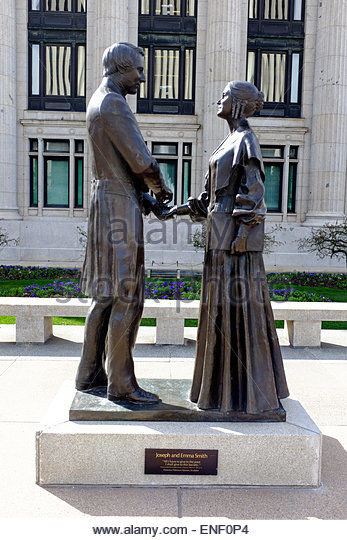
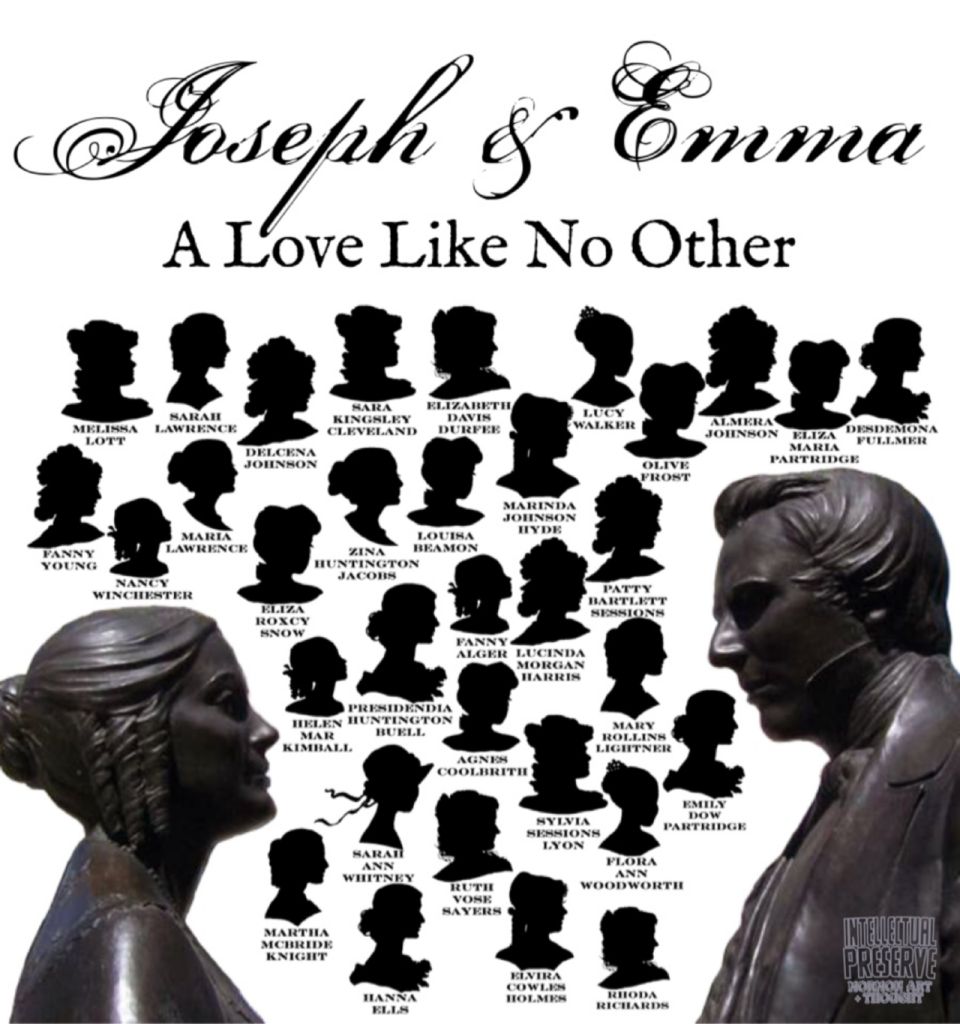


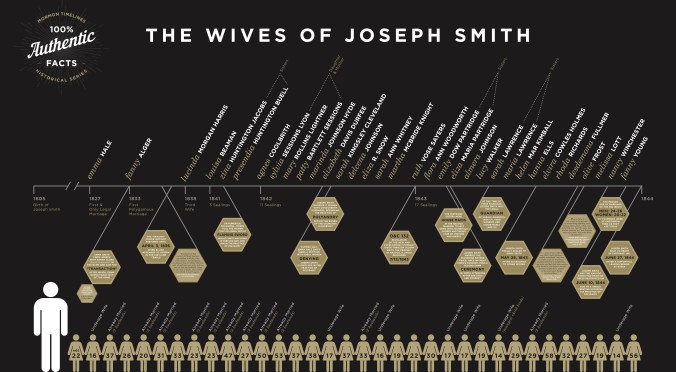
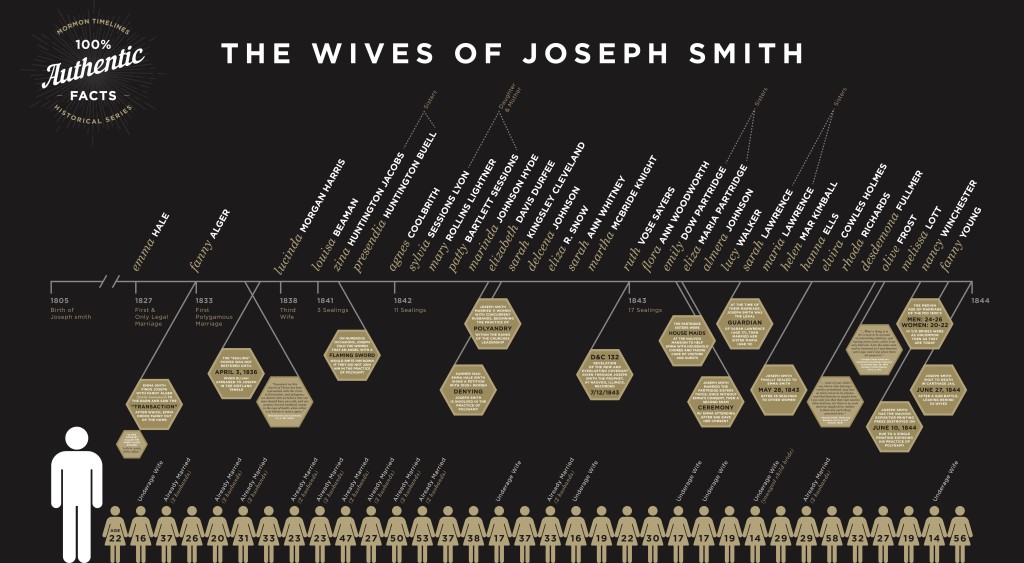

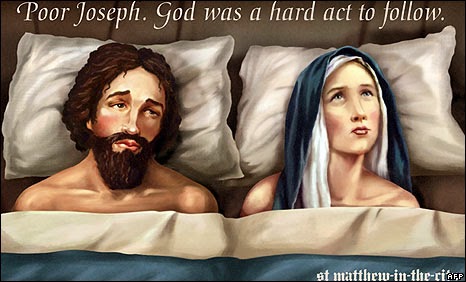
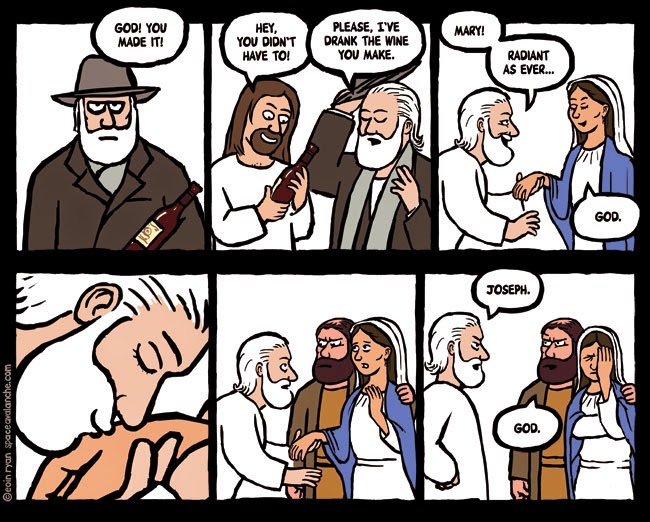

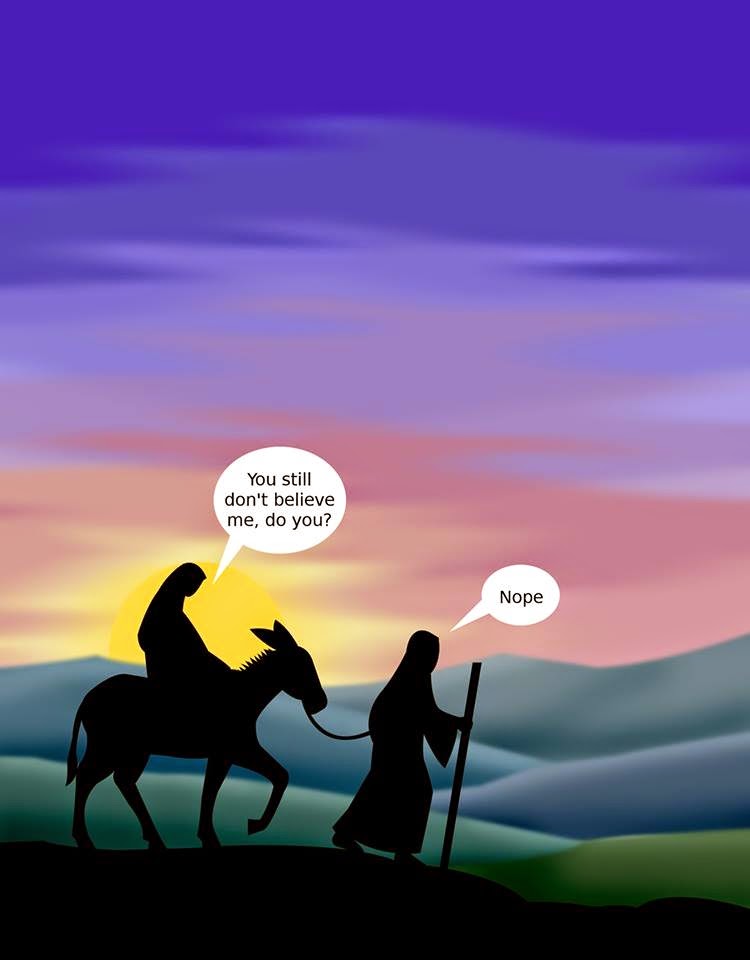







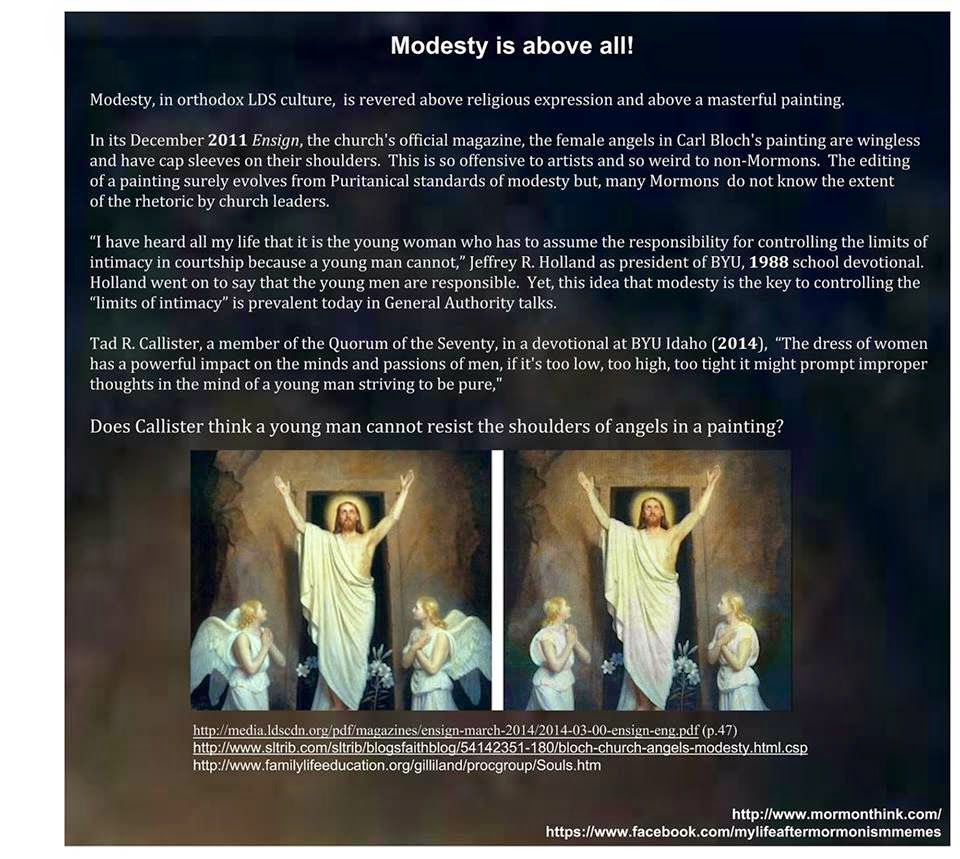


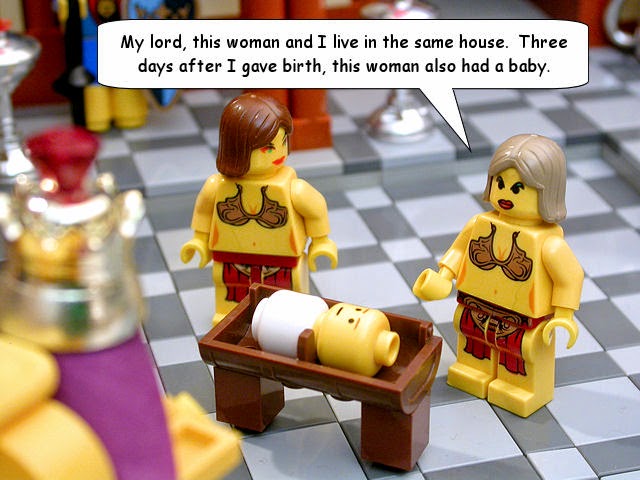
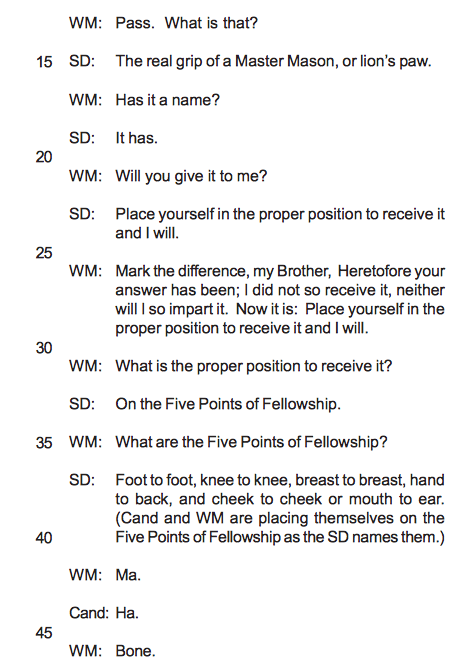


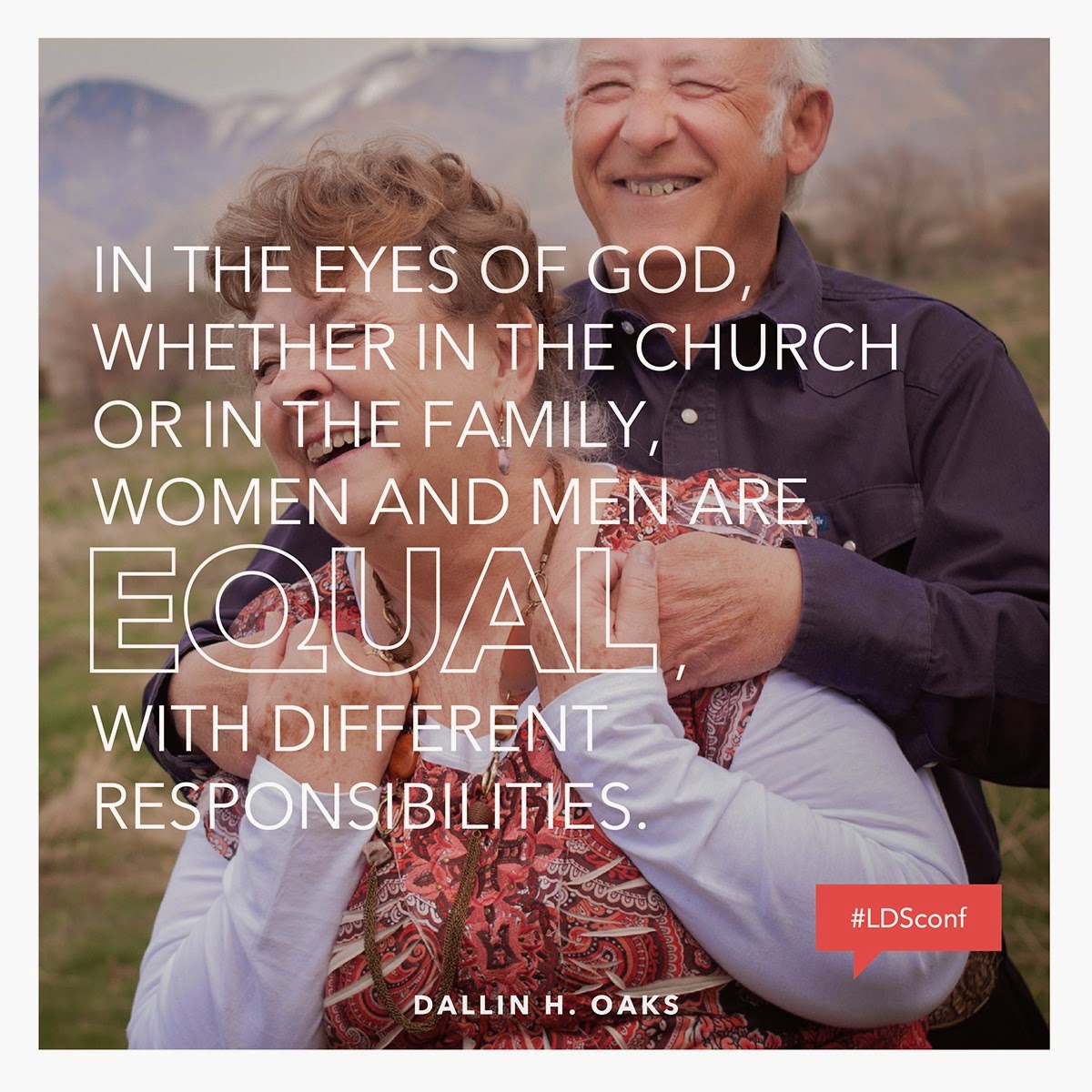
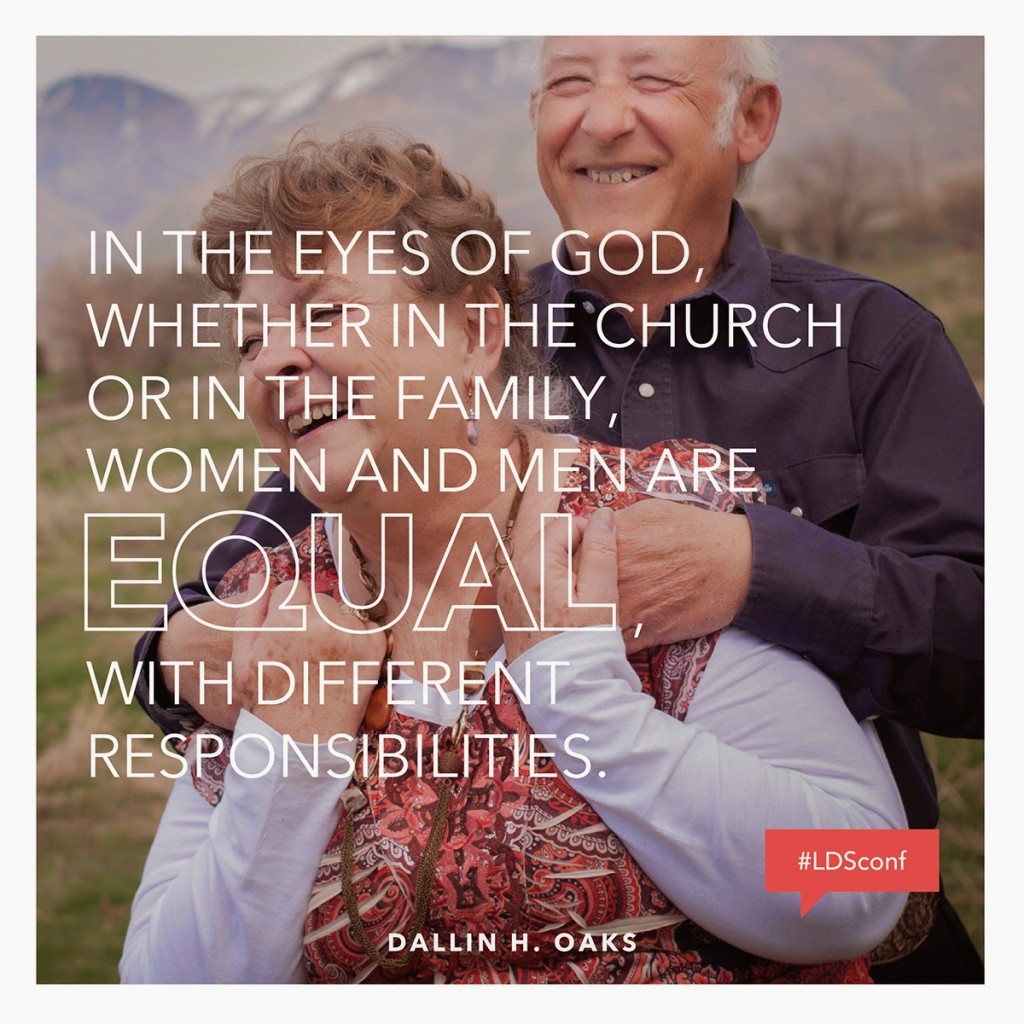

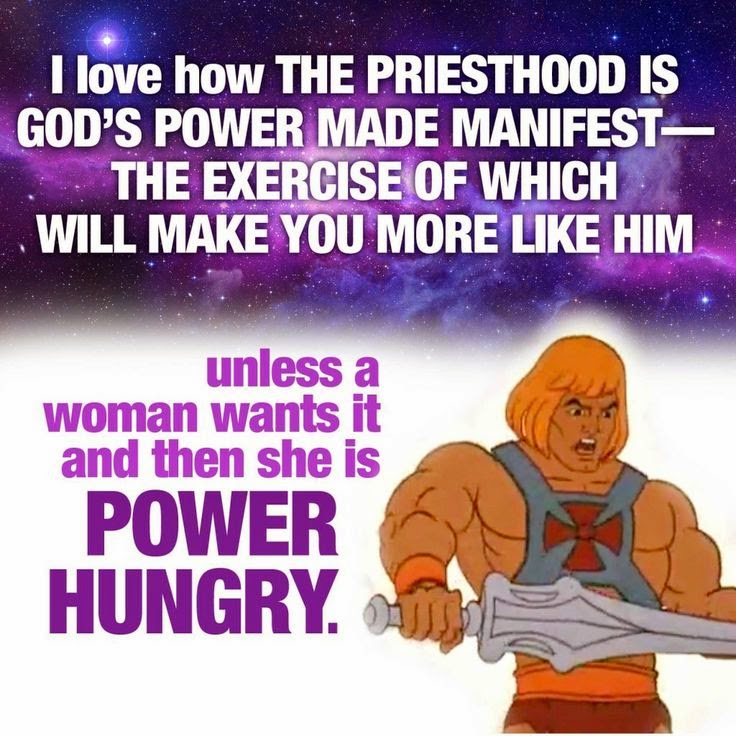
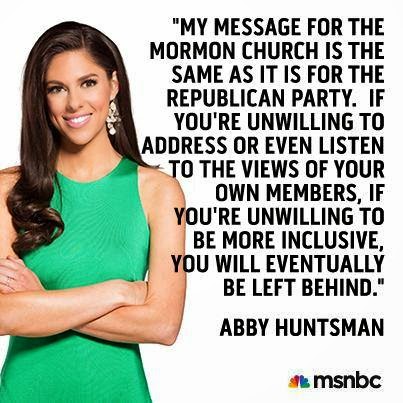
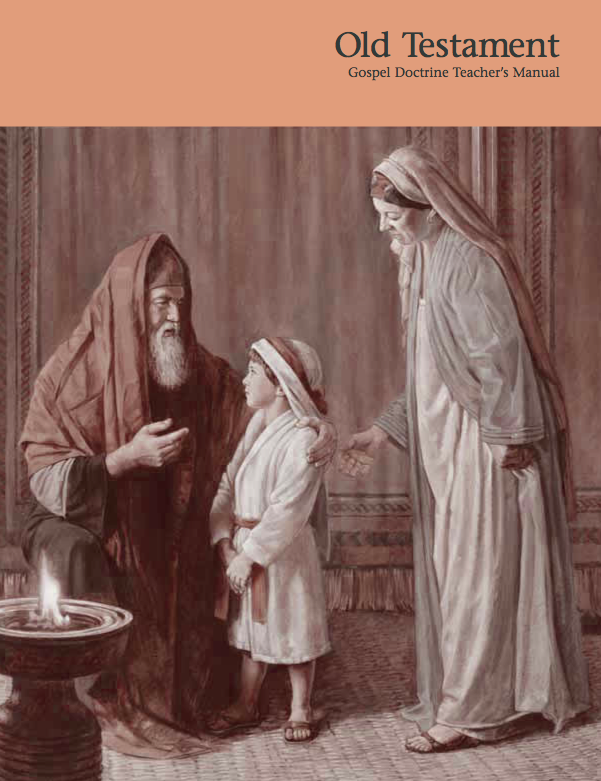
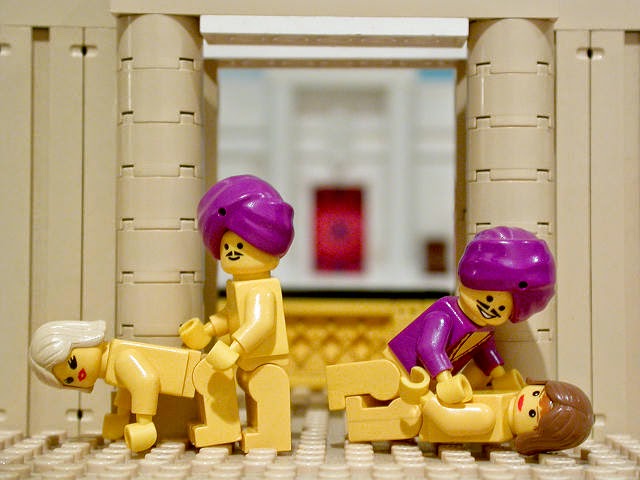
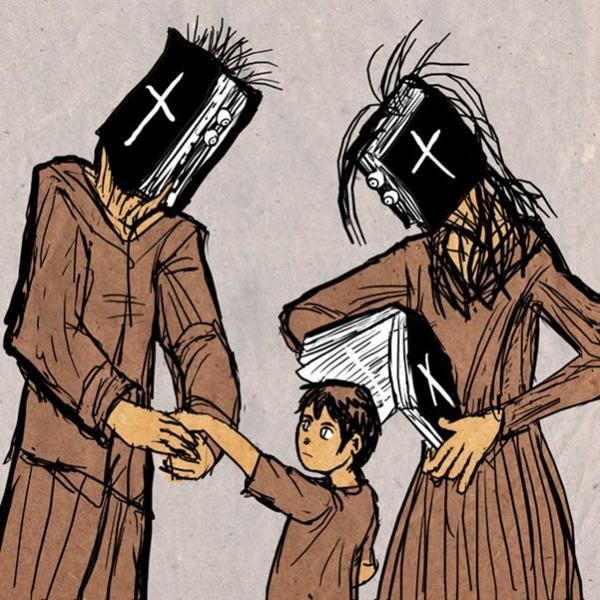






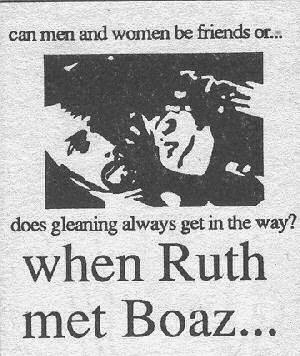


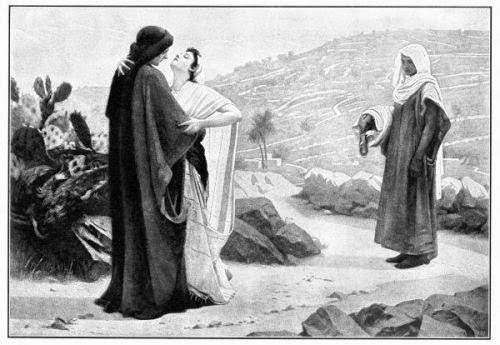
Recent Comments